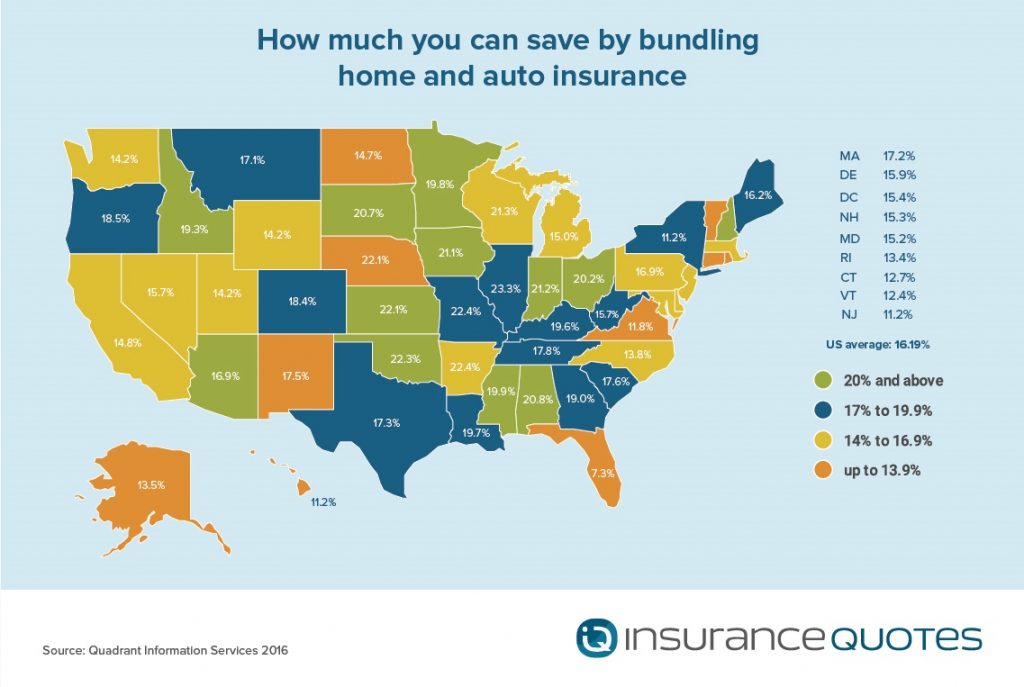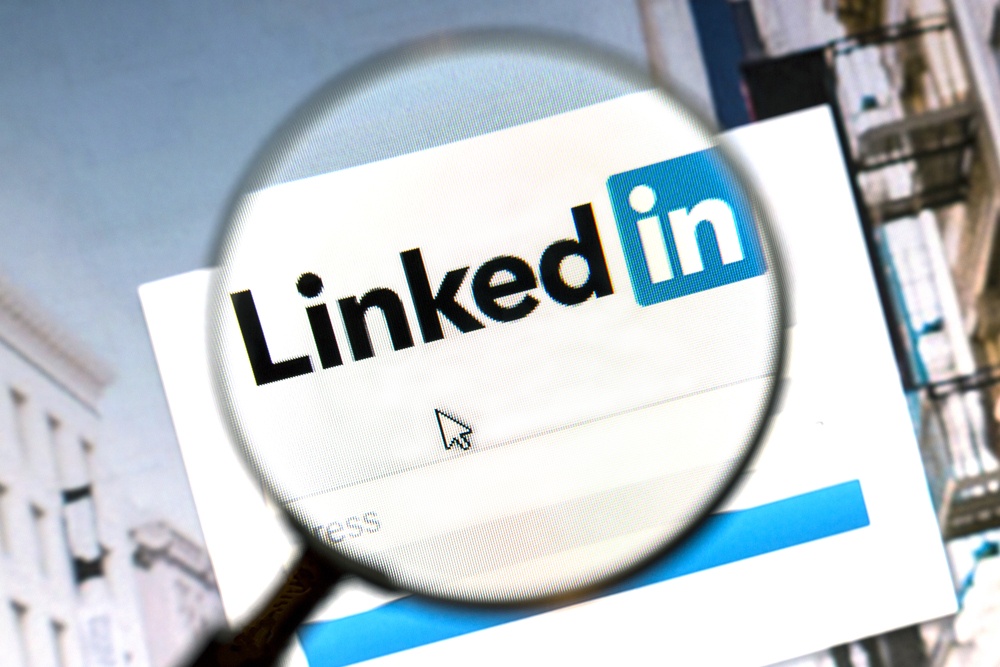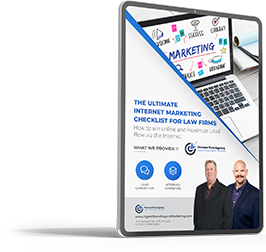The Role of Social Media in Modern Marketing
Social media has become an indispensable tool in marketing, seamlessly integrating into strategies to promote products and services. For insurance agents, leveraging social media can drive significant traffic, convert prospects into customers, and ultimately boost sales. By utilizing the power of platforms like Facebook, LinkedIn, Instagram, and Twitter, insurance professionals can maximize engagement, attract leads, and grow their businesses.
Key Takeaways: Beyond Likes: Effective Social Media Marketing Strategies for Insurance Professionals
- Essential Role of Social Media: Social media is a vital tool in modern marketing, crucial for driving traffic, converting prospects into customers, and boosting sales for insurance agents.
- Evolution of Marketing Strategies: Insurance agents have moved from basic post-sharing to comprehensive campaigns involving videos, infographics, educational content, and testimonials to build trust and generate leads.
- Top Platforms: Key social media platforms for the insurance industry include Facebook, Twitter (X), Instagram, YouTube, and LinkedIn, each offering unique advantages for reaching target audiences.
- Lead Generation Techniques:
- Facebook: Use targeted ads, demographic targeting, and community groups.
- LinkedIn: Leverage professional articles, posts, and Lead Gen Forms.
- Instagram: Utilize visual storytelling, influencer collaborations, and Instagram Ads.
- Twitter: Engage in real-time conversations, use hashtags, and deploy Twitter ads.
- Case Studies Highlighting Success:
- Independent P&C Agent on Facebook: Increased sales and high ROI through targeted ads and community involvement.
- Medicare Agent on LinkedIn: Expanded client base via professional articles and targeted connections.
- Life Insurance Agent on Instagram: Successful lead attraction with visual content and influencer partnerships.
- Advanced Strategies for Impact:
- Content Strategy: Diversify with educational posts, testimonials, and Q&A sessions, and use content calendars.
- Paid Advertising: Allocate budgets for sponsored posts and carousel ads; implement retargeting.
- Engagement: Respond quickly to comments and messages, and host virtual events and webinars.
- Influencer Collaboration: Partner with influencers and monitor the effectiveness of these partnerships.
- Addressing Marketing Challenges: Use content management systems, social media management tools, and compliance checklists to navigate content creation, audience engagement, and legal regulations.
- Future Trends: Social media marketing will continue to evolve with new trends and technologies. Insurance agents should focus on AI tools and advanced analytics to stay agile and innovative.
The Evolution of Social Media Marketing in the Insurance Industry
Insurance agents have evolved from simple post-sharing to implementing comprehensive, integrated campaigns. They now use diverse content types such as videos, infographics, educational materials, and testimonials to connect with prospects, build trust, increase brand awareness, and generate leads and sales.
Key social media platforms for the insurance industry include:
- Twitter (X)
- YouTube
Statistics reveal that insurance companies have expanded their target audiences by 20% on LinkedIn, 55% on YouTube, and 20% on Twitter.
Leveraging Social Media for Lead Generation
Attracting high-quality leads is crucial for insurance agents. Here’s how to effectively use different social media platforms for lead generation:
- Facebook
- Utilize targeted ads and demographic targeting.
- Employ Facebook lead ads for direct capture.
- Engage in community groups for local connections and lead generation.
- LinkedIn
- Network with decision-makers through professional articles and posts.
- Use LinkedIn Lead Gen Forms for efficient lead capture.
- Instagram
- Employ visual storytelling and brand building.
- Collaborate with social influencers.
- Leverage Instagram Ads for broader reach.
- Twitter
- Engage in real-time conversations using hashtags.
- Utilize Twitter ads and analytics tools for tracking and converting leads.
Case Studies of Successful Social Media Campaigns
Case Study 1: Independent P&C Agent on Facebook
- Objectives: Increase targeted traffic, leads, and sales.
- Strategy: Targeted ads, engaging content, and community involvement.
- Outcome: Significant sales increase and high ROI.
Case Study 2: Medicare Agent on LinkedIn
- Objectives: Attract individuals interested in medical insurance.
- Strategy: Professional articles, targeted connections, and group interactions.
- Outcome: Expanded client base.
Case Study 3: Life Insurance Agent on Instagram
- Objectives: Attract leads, increase sales, and improve ROI.
- Strategy: Visual content and influencer partnerships.
- Outcome: Successful lead attraction despite the time-consuming process.
Advanced Strategies for Maximizing Social Media Impact
- Creating a Comprehensive Content Strategy
- Diversify content with educational posts, customer testimonials, and live Q&A sessions.
- Consistently publish content using a content calendar and scheduling tools.
- Utilizing Paid Advertising Effectively
- Allocate budgets for various ad types, such as sponsored posts and carousel ads.
- Implement retargeting strategies to convert prospects into clients.
- Engaging with Followers and Building a Community
- Respond promptly to comments and messages.
- Host virtual events, webinars, and interactive sessions for better engagement.
- Collaborating with Influencers and Industry Leaders
- Partner with social media influencers to gain recommendations.
- Continuously monitor and assess the effectiveness of these partnerships.
Overcoming Challenges in Social Media Marketing
Insurance agents must navigate content creation, audience engagement, and compliance with laws and regulations. Tools such as content management systems, social media management platforms, and compliance checklists can streamline these processes. Staying updated on trends and integrating them into strategies is essential for success.
The Future of Social Media in Insurance Marketing
Social media marketing will continue to evolve, introducing new trends and technologies. Insurance professionals should focus on utilizing AI tools and advanced analytics to enhance their strategies. Being agile and innovative will help them adapt quickly to changes in the social media landscape.
Conclusion
Social media is a powerful marketing tool for insurance agents, aiding in lead attraction, sales increase, brand awareness, and business growth. Bydeveloping effective social media strategies and leveraging the latest tools and techniques, insurance professionals can maximize their marketing efforts and achieve significant results.
FAQs: Beyond Likes: Effective Social Media Marketing Strategies for Insurance Professionals
Why is social media important for insurance professionals?
Social media is crucial for insurance professionals because it helps drive traffic to their business, convert prospects into customers, and boost sales. It also allows agents to engage with their audience, build trust, and increase brand awareness.
Which social media platforms are most effective for insurance marketing?
The most effective platforms for insurance marketing include Facebook, Twitter (X), Instagram, YouTube, and LinkedIn. Each platform offers unique advantages for reaching and engaging target audiences.
How can Facebook be used for lead generation in the insurance industry?
Facebook can be used for lead generation by utilizing targeted ads, demographic targeting, Facebook lead ads, and community groups. These strategies help insurance professionals connect with local prospects and generate high-quality leads.
What strategies should be used on LinkedIn to attract leads?
On LinkedIn, insurance professionals should use professional articles, targeted posts, and LinkedIn Lead Gen Forms to capture leads. Networking with decision-makers and participating in relevant groups also helps expand their client base.
How can Instagram be leveraged for marketing insurance services?
Insurance professionals can leverage Instagram by using visual storytelling, brand building, and collaborating with social influencers. Instagram Ads are also effective for reaching a broader audience and attracting leads.
What are some successful case studies of social media campaigns in the insurance industry?
- Independent P&C Agent on Facebook: Achieved significant sales increase and high ROI through targeted ads and community involvement.
- Medicare Agent on LinkedIn: Expanded client base using professional articles and targeted connections.
- Life Insurance Agent on Instagram: Attracted leads and increased sales through visual content and influencer partnerships.
What advanced strategies can maximize social media impact?
- Comprehensive Content Strategy: Diversify content with educational posts, customer testimonials, and live Q&A sessions. Use content calendars for consistency.
- Paid Advertising: Set budgets for different ad types, use sponsored posts, carousel ads, and retargeting strategies.
- Engagement: Respond quickly to comments and messages, and host virtual events and webinars.
- Influencer Collaboration: Partner with social media influencers and monitor the effectiveness of these collaborations.
What challenges do insurance agents face in social media marketing?
Insurance agents face challenges such as content creation, audience engagement, and compliance with laws and regulations. Using content management systems, social media management tools, and compliance checklists can help streamline these processes.
How will social media marketing for insurance evolve in the future?
Social media marketing for insurance will continue to evolve with new trends and technologies. Insurance professionals should focus on using AI tools and advanced analytics to enhance their strategies, stay agile, and quickly adapt to changes.
How can insurance agents get started with social media marketing?
Insurance agents can start by identifying their target audience, selecting the most suitable social media platforms, and creating a comprehensive content strategy. Engaging with followers, using paid advertising effectively, and collaborating with influencers are also key steps to success.
Would you like to learn more about using the power of social media in marketing strategies for insurance professionals? Contact us today for a free initial consultation!
This article is a collaboration between Carl Willis and OpenAI’s ChatGPT. Created on June 16, 2024, it combines AI-generated draft material with Willis’s expert revision and oversight, ensuring accuracy and relevance while addressing any AI limitations.






